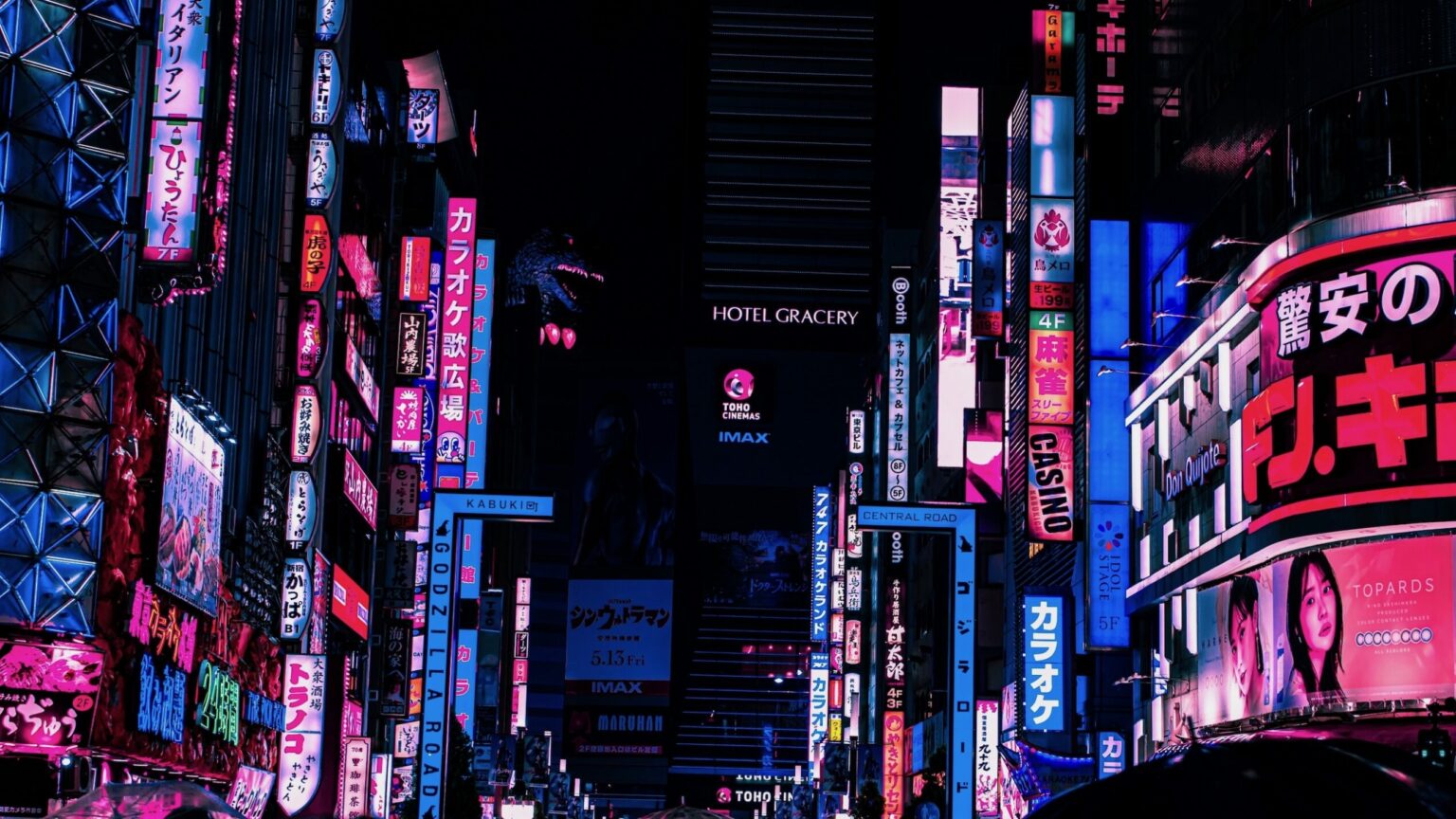Some of Japan’s leading companies have joined forces to collaborate on a project dubbed the Metaverse Economic Zone. The venture will focus on creating an ‘open metaverse infrastructure’ through pillars such as interoperability, gamification, fintech and information communications technology (ICT).
Among the many companies participating in the initiative are payment brand JCB Co., global bank Mizuho, and subsidiaries of Mitsubishi and Fujitsu. Codenamed Ryugukoku, the Japanese Metaverse Economic Zone will leverage the metaverse construction framework Pegasus World Kit (PWK), which itself uses Epic Games’ Unreal Engine.
Enter Ryugukoku
A press release announcing the venture described Ryugukoku as “a metaverse infrastructure that incorporates elements of an online alternate-world role-playing game based on a unique fantasy worldview of its own.”
The Zone will be made up of various moving cities, with players able to navigate multiple realms and engage in RPG-like experiences while encountering a range of content and services.
Famed game creator Hajime Tabata, founder of PWK creator JP Games, stated his desire to “update Japan through the power of games.”
The press release references topics such as identity authentication, data infrastructure, insurance and “metaverse financial functions,” with the vision presented that of an interconnected gamut of personalized cultural and commercial opportunities.
Interestingly, the announcement mentions a Multi Magic Passport (MMP), an authentication certificate with a payment function that “allows users to freely travel to and from metaverse services within Ryugukoku.”
A media conference has been pencilled in for summer to outline the plans further.
Japan playing catchup on web3 front
Despite its reputation for aggressive technological innovation, Japan hasn’t exactly planted its flag in the web3 industry as yet and will have to play catchup on forward-looking territories such as the UAE. It appears there is a will to make up for lost time, however.
Earlier this year, the country’s prime minister Fumio Kishida suggested his government might leverage technologies such as non-fungible tokens (NFTs) and decentralized autonomous organizations (DAOs) to boost regions and promote its “Cool Japan” initiative, a project intended to showcase the nation’s innovations to the rest of the world.
Kishida went on to explain that NFTs could be used to “diversify the income of creators and maintain highly loyal fans.”
The headlines
U.S🇺🇸
"Visa & Mastercard halt new crypto partnerships"
vs
Japan🇯🇵
"Fujitsu & Mitsubishi collaborate on creating a metaverse in Japan"
The U.S won web 2.0 because the government fiercely supported the industry.
The losers will not make the same mistake twice.
— Signal (@_thesignal) February 28, 2023
A Deloitte report published late last year, meanwhile, suggests virtual realities could have a “transformational impact” on Asian economies, valuing the metaverse’s contribution to Asian GDP at between $800 billion and $1.4 trillion per annum by 2035.
Researchers noted, however, that these projections assumed “sustained technology investments made in the next five to ten years.” Japan was anticipated to be the second biggest beneficiary of the growing metaverse economy ($87-165bn) with China way out in front ($456-862bn).
Innovators in the country are busy experimenting with metaverse technologies. Last week, one Tokyo ward, Edogawa, announced it would offer a series of metaverse meetings as part of the reintegration process for social recluses in the area, as reported by Bitcoin.com.
Back in September, the University of Tokyo also opened a Metaverse School of Engineering with the goal of attracting over 100,000 participants.









 and then
and then